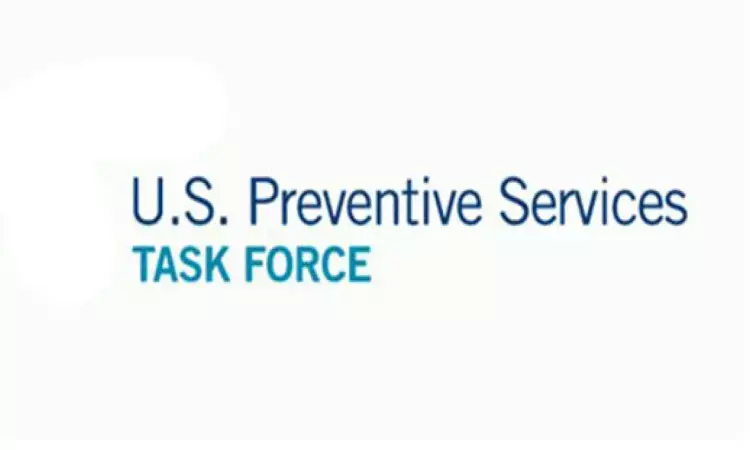- Home
- Medical news & Guidelines
- Anesthesiology
- Cardiology and CTVS
- Critical Care
- Dentistry
- Dermatology
- Diabetes and Endocrinology
- ENT
- Gastroenterology
- Medicine
- Nephrology
- Neurology
- Obstretics-Gynaecology
- Oncology
- Ophthalmology
- Orthopaedics
- Pediatrics-Neonatology
- Psychiatry
- Pulmonology
- Radiology
- Surgery
- Urology
- Laboratory Medicine
- Diet
- Nursing
- Paramedical
- Physiotherapy
- Health news
- Fact Check
- Bone Health Fact Check
- Brain Health Fact Check
- Cancer Related Fact Check
- Child Care Fact Check
- Dental and oral health fact check
- Diabetes and metabolic health fact check
- Diet and Nutrition Fact Check
- Eye and ENT Care Fact Check
- Fitness fact check
- Gut health fact check
- Heart health fact check
- Kidney health fact check
- Medical education fact check
- Men's health fact check
- Respiratory fact check
- Skin and hair care fact check
- Vaccine and Immunization fact check
- Women's health fact check
- AYUSH
- State News
- Andaman and Nicobar Islands
- Andhra Pradesh
- Arunachal Pradesh
- Assam
- Bihar
- Chandigarh
- Chattisgarh
- Dadra and Nagar Haveli
- Daman and Diu
- Delhi
- Goa
- Gujarat
- Haryana
- Himachal Pradesh
- Jammu & Kashmir
- Jharkhand
- Karnataka
- Kerala
- Ladakh
- Lakshadweep
- Madhya Pradesh
- Maharashtra
- Manipur
- Meghalaya
- Mizoram
- Nagaland
- Odisha
- Puducherry
- Punjab
- Rajasthan
- Sikkim
- Tamil Nadu
- Telangana
- Tripura
- Uttar Pradesh
- Uttrakhand
- West Bengal
- Medical Education
- Industry
No benefit of routine screening for asymptomatic bacterial vaginosis during pregnancy: USPSTF

The US Preventive Services Task Force (USPSTF) has updated it's 2008 statement which states that screening for asymptomatic bacterial vaginosis in pregnant persons not at increased risk for preterm delivery has no net benefit in preventing preterm delivery.
Bacterial vaginosis is common and is caused by a disruption of the microbiological environment in the lower genital tract. In the US, reported prevalence of bacterial vaginosis among pregnant women ranges from 5.8% to 19.3% and is higher in some races/ethnicities. Bacterial vaginosis during pregnancy has been associated with adverse obstetrical outcomes including preterm delivery, early miscarriage, postpartum endometritis, and low birth weight.
The US Preventive Services Task Force commissioned a review of the evidence on the accuracy of screening and the benefits and harms of screening for and treatment of bacterial vaginosis in asymptomatic pregnant persons to prevent preterm delivery to update its 2008 recommendation.This recommendation applies to pregnant persons without symptoms of bacterial vaginosis.
U.S. Preventive Services Task Force recommends that asymptomatic women not undergo screening for bacterial vaginosis in pregnancy if they are not at risk for preterm delivery. This is in consonance with the group's 2008 recommendation.
In those at risk for delivering preterm, the USPSTF says there is not enough evidence to make a recommendation for or against screening.
The researchers have found that the accuracy of screening tests for bacterial vaginosis varies. The evidence suggests no difference in the incidence of preterm delivery and related outcomes from treatment for asymptomatic bacterial vaginosis in a general obstetric population but was inconclusive for women with a prior preterm delivery. Maternal adverse events from treatment appear to be infrequent and minor, but the evidence about harms from in utero exposure was inconclusive.
The USPSTF concludes with moderate certainty that screening for asymptomatic bacterial vaginosis in pregnant persons not at increased risk for preterm delivery has no net benefit in preventing preterm delivery. The USPSTF concludes that for pregnant persons at increased risk for preterm delivery, the evidence is conflicting and insufficient, and the balance of benefits and harms cannot be determined.
The USPSTF has also issued recommendations on screening for numerous conditions in pregnant persons, including asymptomatic bacteriuria,syphilis,hepatitis B,and HIV.
For further reference log on to:
USPSTF recommendation statement in JAMA
Dr Kamal Kant Kohli-MBBS, DTCD- a chest specialist with more than 30 years of practice and a flair for writing clinical articles, Dr Kamal Kant Kohli joined Medical Dialogues as a Chief Editor of Medical News. Besides writing articles, as an editor, he proofreads and verifies all the medical content published on Medical Dialogues including those coming from journals, studies,medical conferences,guidelines etc. Email: drkohli@medicaldialogues.in. Contact no. 011-43720751


